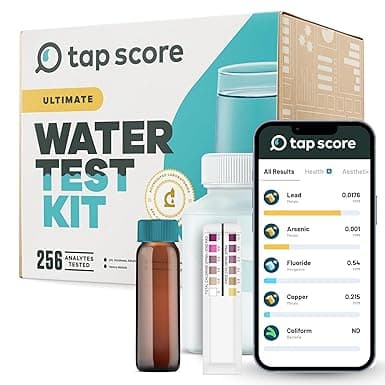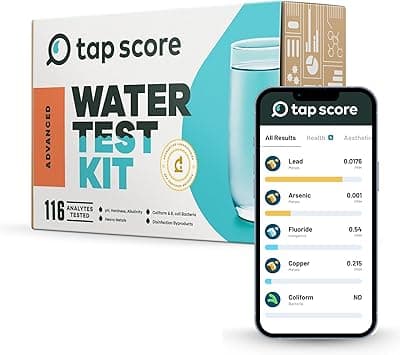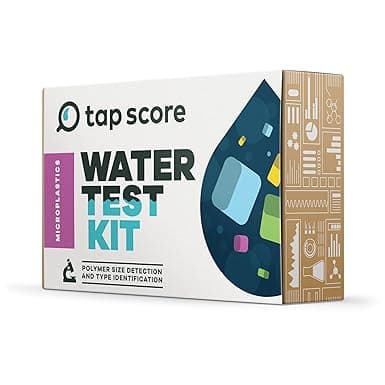Ogdensburg Tap Water Quality Report
Ogdensburg's water has 5 contaminants above EPA MCLGs. We recommend using a certified water filter.
Utility
OGDENSBURG W DEPT
People Served
2,800
MCL Violations
0
Last Updated
Is Ogdensburg Tap Water Safe to Drink?
Ogdensburg's water has 5 contaminants above EPA health-based guidelines. We strongly recommend using a certified water filter to reduce exposure to these contaminants. Check our filter recommendations below for NSF-certified options that can remove the specific contaminants found in Ogdensburg's water.
The data below shows test results from 1 water utility serving 2,800 people in the Ogdensburg area. Water quality testing is conducted regularly and reported to the EPA. This report was last updated 2021-12-23.
Ogdensburg Water Service Areas
Loading service area map...
Recommended Water Filters for Ogdensburg
Based on Ogdensburg's water quality data, these NSF-certified filters are recommended to remove contaminants above EPA MCLGs.

Culligan
ZeroWater
NSF Certified:
Flow Rate
1.9 gpm
Daily Production
1 gpd
Removes 19 contaminants:
Nitrate, Copper, Zinc, Barium, Sulfate +14 more

AquaTru
Classic
NSF Certified:
Flow Rate
0.04 gpm
Daily Production
600 gpd
Removes 23 contaminants:
83+, Lead, Fluoride, Strontium, Uranium +18 more

AquaTru
Carafe
NSF Certified:
Flow Rate
0.3 gpm
Daily Production
4 gpd
Removes 17 contaminants:
PFOA, PFOS, Chlorine, Lead, Fluoride +12 more

Waterdrop
A1
NSF Certified:
Flow Rate
0.042 gpm
Daily Production
130 gpd
Removes 12 contaminants:
10+, 10+ contaminants, Fluoride, Uranium, Copper +7 more
Verify Your Water Quality with Independent Testing
With 5 contaminants above EPA health guidelines, independent laboratory testing provides a second opinion and can track changes over time.

SimpleLab
Advanced Home Water Test
$369
Most comprehensive home water test including all standard tests plus additional parameters for ultimate peace of mind.

SimpleLab
Standard Home Water Test
$232
Comprehensive water analysis testing over 200 contaminants including bacteria, heavy metals, and chemical compounds.

Tap Score
Advanced Microplastics Test
$636
Cutting-edge testing for microplastics particles in drinking water using advanced laboratory techniques.
Frequently Asked Questions About Ogdensburg Tap Water
Ogdensburg's water has 5 contaminants above EPA MCLGs. We strongly recommend using a certified water filter to reduce exposure to these contaminants. Check our filter recommendations below for NSF-certified options that can remove the specific contaminants found in Ogdensburg's water.
Stay Informed About Your Water Quality
Get EPA reports, filter recommendations, and safety alerts for your area.
Join 10,000+ people protecting their families. Unsubscribe anytime.